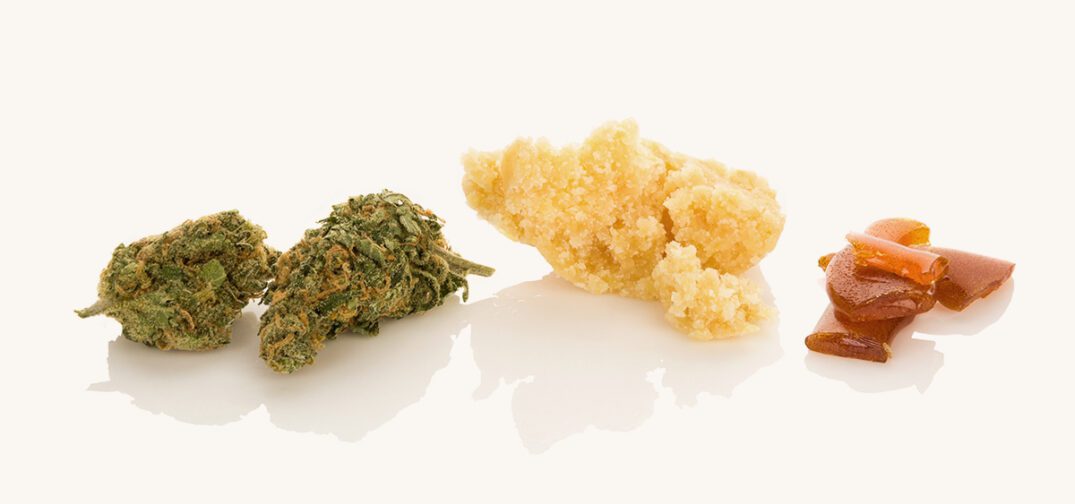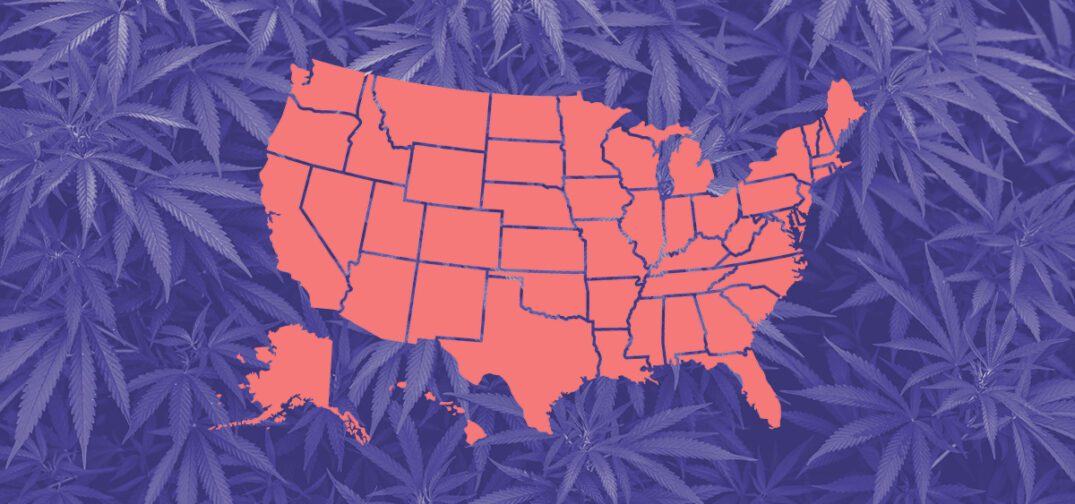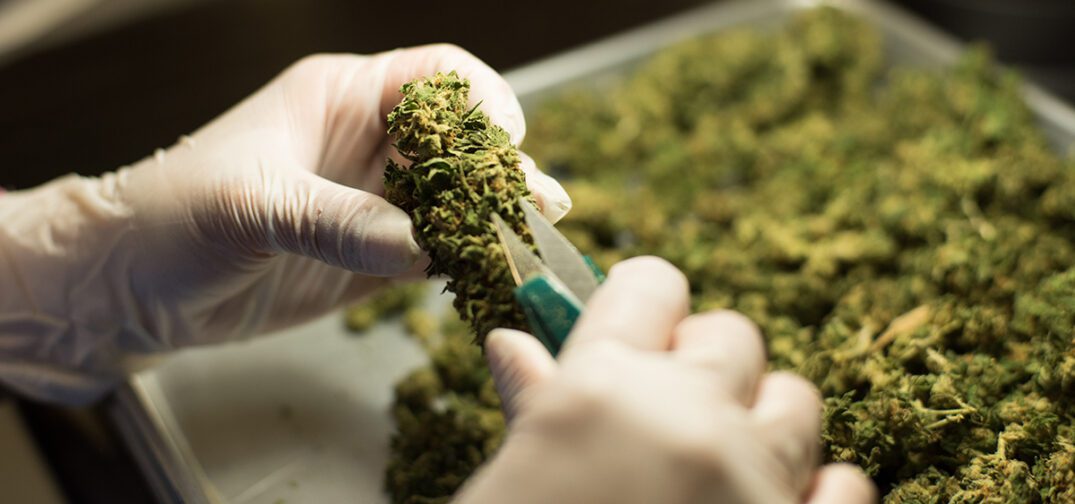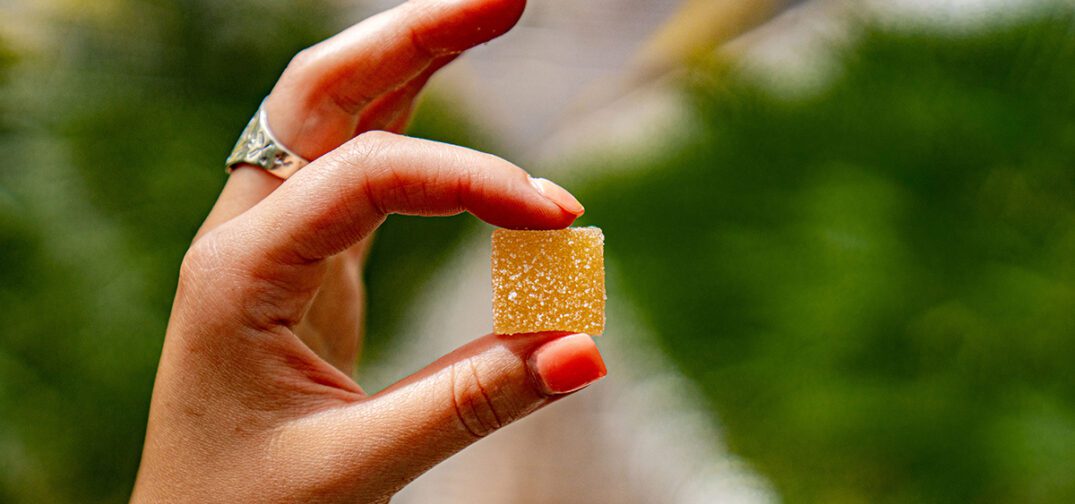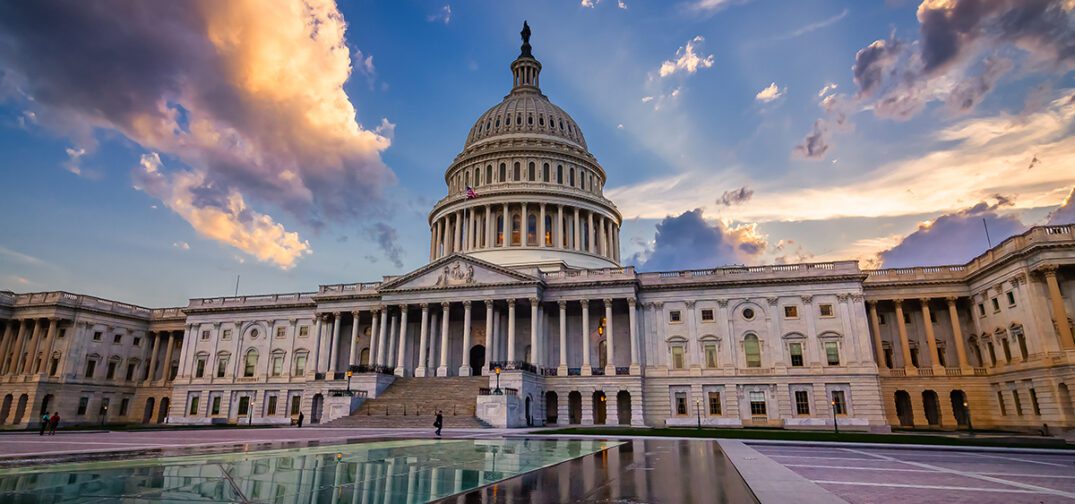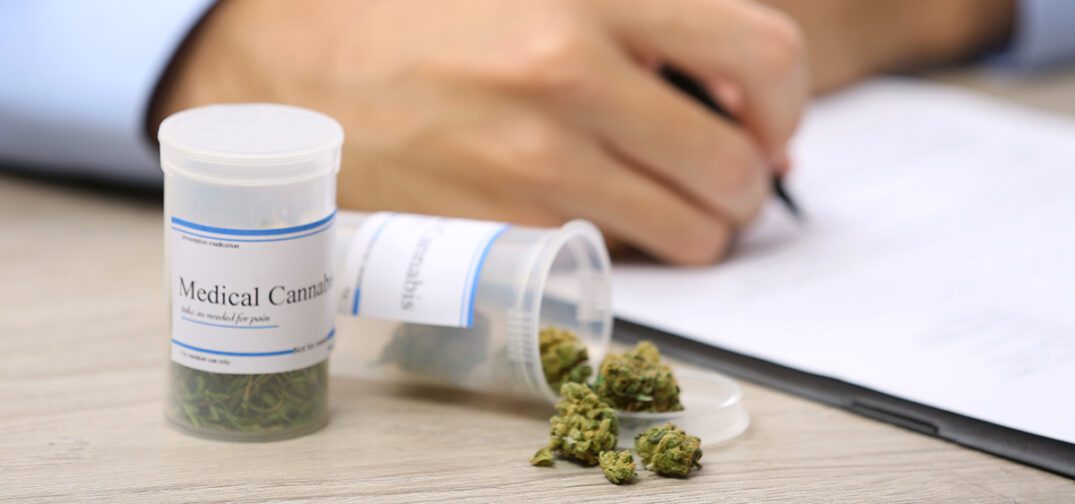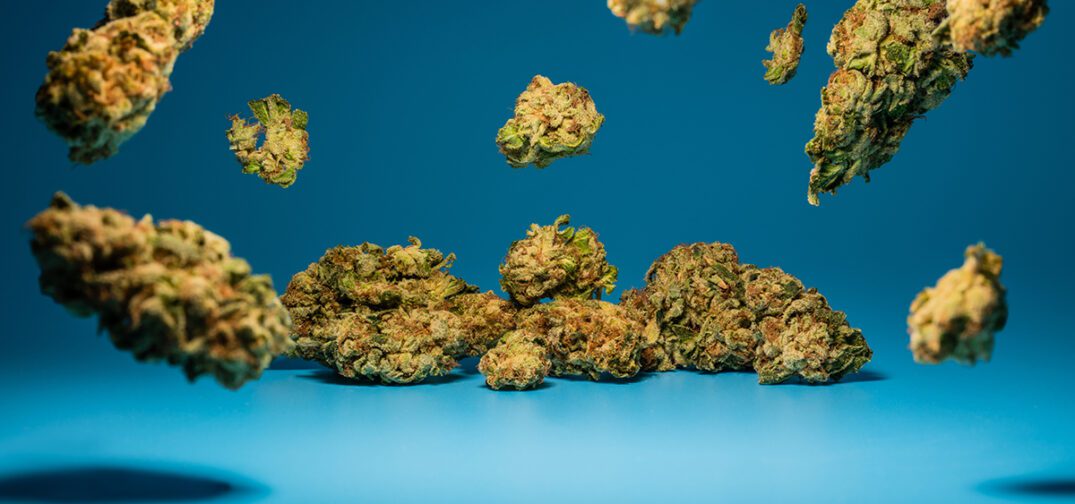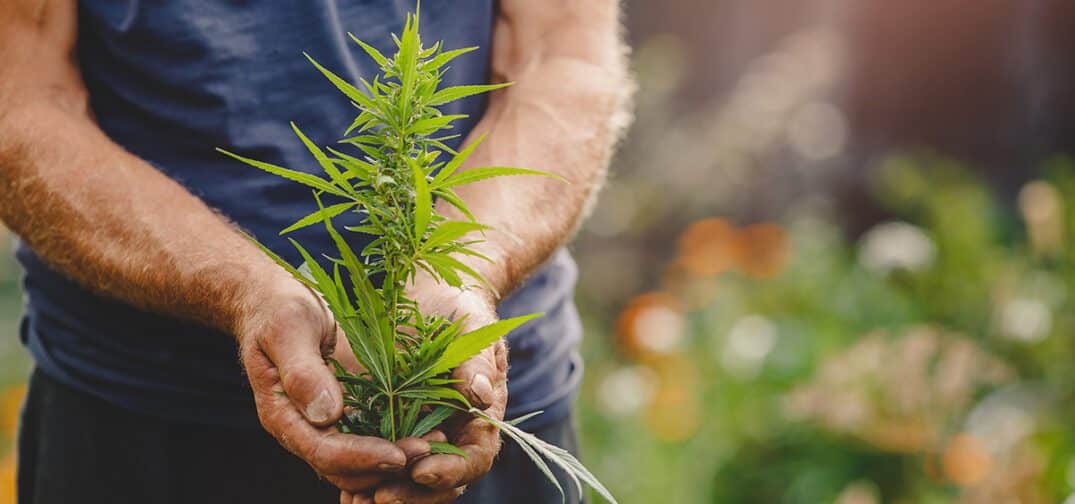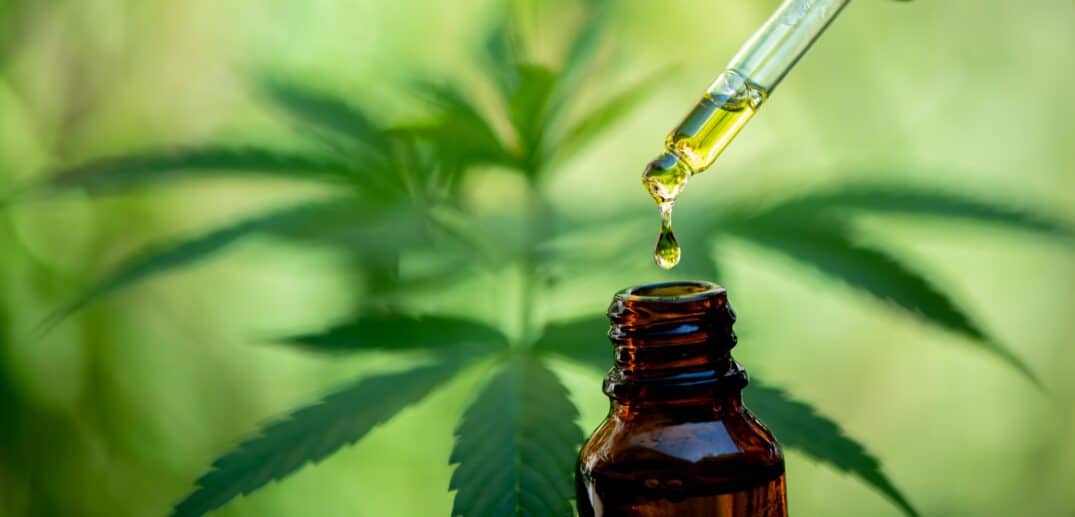California’s Department of Cannabis Control (DCC) last week asked the state attorney general’s office its opinion on whether allowing interstate cannabis commerce would put the state at “significant risk” of federal enforcement.
The inquiry, authored by Matthew Lee, general counsel for the DCC, comes after Gov. Gavin Newsom (D) signed legislation to allow cannabis commerce between states that have passed adult-use reforms. The measure took effect January 1.
“We ask this question against the backdrop of historic legislation recently signed into law by the Governor. Until now (in the absence of that legislation), California state law has flatly prohibited state-licensed cannabis businesses from exporting cannabis outside the state. Now, however, new legislation … has created a pathway to allow California cannabis licensees to engage, for the first time, in commercial cannabis activity with cannabis businesses licensed in other states. Under SB 1326 California may work with other states to negotiate agreements allowing, as a matter of state law, for commercial cannabis activity between California cannabis licensees and licensees in those other states. Such agreements would represent an important step to expand and strengthen California’s state-licensed cannabis market.” — Lee in the letter
In the seven-page letter, Lee contends that the federal Controlled Substances Act (CSA) “could not constitutionally prohibit California from legalizing and regulating commercial cannabis activity with out-of-state licensees,” arguing that “Under the U.S. Constitution’s anti-commandeering principle, federal statutes may not ‘command state legislatures to enact or refrain from enacting state law.'”
Further, Lee says that the CSA “does not, in fact, criminalize California’s legalization and regulation of commercial cannabis activity with out-of-state licensees” due to the anti-commandeering principle.
“By its terms, the Controlled Substances Act shields state officials from liability in connection with their enforcement of state law. The Act expressly confers immunity upon (as relevant here) ‘any duly authorized officer of any State … who shall be lawfully engaged in the enforcement of any law or municipal ordinance relating to controlled substances,'” Lee writes. “This provision is broad and unqualified: on its face, it would seem to encompass all state laws relating to federal controlled substances, including state laws legalizing and regulating those controlled substances as a matter of state law.”
In the letter, Lee argues that “Federal law further insulates California from significant risk as to agreements concerning medicinal cannabis,” citing the so-called Rohrabacher-Farr Amendment which, since 2014, has forbid the U.S. Department of Justice from using federal funds to interfere with states’ implementation of their medical cannabis laws.
“We do not rely on the existence of the Rohrabacher-Farr/Blumenauer Amendment as dispositive: in our view, an agreement under SB 1326 would not result in significant legal risk to the State under the Controlled Substances Act even if the Amendment did not exist, for reasons we have already explained,” the letter states. “Nevertheless, the existence of the Rohrabacher-Farr/Blumenauer Amendment further insulates the State from any hypothetical legal· risk as to agreements involving medicinal cannabis, and thus further supports the conclusion that such an agreement presents no “significant” risk to the State.”
In Lee’s view, the answer as to whether the state would be at risk of federal interference is “no.”
“Under the U.S. Constitution’s anti-commandeering principle, the Controlled Substances Act could not criminalize the State’s legalization and regulation of commercial cannabis activity (as a matter of state law), including commercial cannabis activity with out-of-state licensees,” Lee argues. “By its terms, the Controlled Substances Act does not criminalize the State’s legalization and regulation of commercial cannabis activity, including commercial cannabis activity with out-of-state licensees.”
The letter was sent to Mollie Lee, senior assistant attorney general, who has not yet issued a response.




